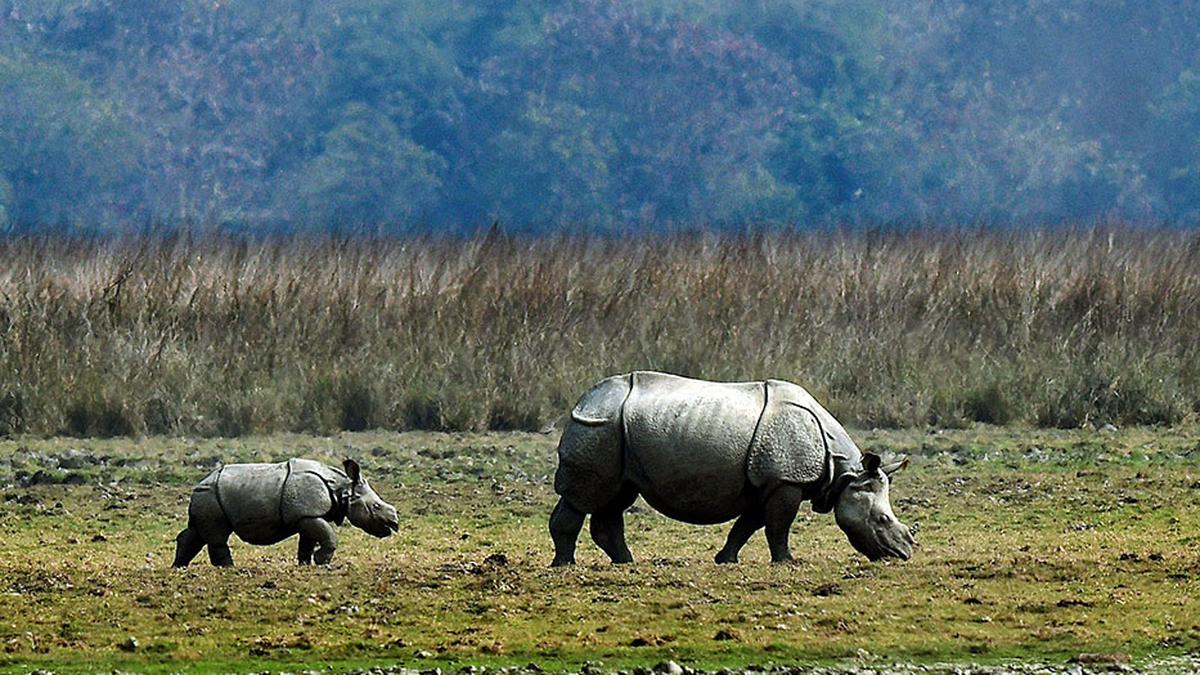
No forests or wildlife will be left if animal-human conflicts are not resolved, SC warns
The Hindu
Supreme Court warns of danger to forests and wildlife due to animal-human conflicts, emphasizes need for balance.
The Supreme Court on Wednesday warned that animal-human conflicts pose a danger to the very existence of forests and wildlife, a balance has to be struck which takes care of the rights of both stakeholders.
“There has to be a balance between the rights of the stakeholders. We cannot take a lopsided view. Forests and wildlife will not exist if conflict between animals and humans are not resolved,” Justice B.R. Gavai observed.
INFOGRAPHICS | Human-Wildlife Conflict: Understanding the Impact on Elephants and Tigers in India
The court’s observations came while hearing a case concerning the demarcation of the boundaries of Assam’s Pobitora wildlife sanctuary, which hosts one of the largest rhino populations in the country, and the settlement of rights of villagers, drawn from the marginalised, Scheduled Caste, Scheduled Tribe and backward communities, who reside within the sanctuary.
The Assam government, represented by senior advocate Nalin Kohli, submitted that it has constituted a special committee chaired by the Chief Secretary (Forests) to survey and suggest alterations in the boundaries of the sanctuary to protect the rights of the wildlife as well as the human inhabitants. A preliminary survey of the sanctuary had already been done and a map prepared.
The Bench said the State’s proposals regarding the sanctuary, including alterations in the boundaries would be cleared by the National Board of Wildlife and also undergo the scrutiny of the top court.
The court ordered the States to include the Chief Wildlife Warden and the Field Director of the Pobitora wildlife sanctuary to be made members of the special committee in order to represent the concerns of the wildlife.













